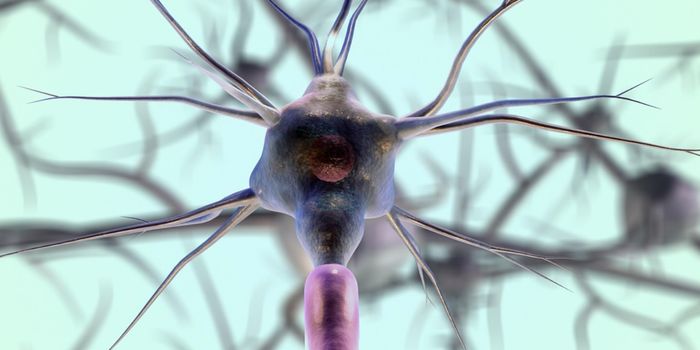Videos
Mechanism of action of insulin and Type 1 Diabetes
JAN 13, 2014 12:00 AM PST
Share
Is There a Genetic Component to Facial Recognition Skills?
 Are you one of those folks who struggle to remember faces, or are you perhaps on the other end of the spectrum-someone who never forgets a face? A study from Emory University and the Center for Translational Social Neuroscience (CTSN) has found a potential link between a specific gene and facial recognition ability, with wider implications for future treatment of various disorders.
Are you one of those folks who struggle to remember faces, or are you perhaps on the other end of the spectrum-someone who never forgets a face? A study from Emory University and the Center for Translational Social Neuroscience (CTSN) has found a potential link between a specific gene and facial recognition ability, with wider implications for future treatment of various disorders.The gene that was studied, a protein known as OXTR (oxytocin receptor) is present throughout the human central nervous system and plays a significant role in a variety of human responses. Through the chemical signals it receives from oxytocin, a hormone and neurotransmitter, OTXR affects responses to stresses, bonding relationships, social skills, and other aspects of human behavior-including recognition skills.
Variations in the OXTR gene tend to produce variations in human behaviors, and these differences in behavior are being increasingly linked to specific allele configurations. A greater understanding of these variations and their effects could lead to new treatment protocols for a variety of conditions.
In the study, soon to be published online in the Proceedings of the National Academy of Sciences (Early Edition), the research team studied families with an autistic child. These 198 families split between residents of Finland and the United Kingdom displayed a significant range of facial recognition skills throughout the family-and thus served as a useful baseline.
The intent was to follow up on a previous Emory study on the oxytocin receptor in rodents, where OXTR was found to play an important role in social recognition. Could there be a similar link with OXTR and human recognition skills (albeit olfactory-based in the rodent study versus facial recognition for humans)? Using families with one child with an autism spectrum disorder allowed the team to compare the effects within family members (parents, autistic children, and non-autistic siblings) as well as between families.
The research team concluded that a single variation in the DNA of the OXTR was a large factor in the differences in the facial memory skills of the families. While this study focuses on facial recognition, this work combined with other research in the field suggests that the oxytocin-OXTR relationship and the changes caused by OXTR gene variations may have a larger role in processing social information in general.
Another interesting aspect is that recognition issues were tied to OXTR variations in different species that use different mechanisms for recognition. That strengthens the hypothesis that OXTR variations have a strong effect on these skills (or lack thereof). However, according to the Emory researchers, it's estimated that around one-third of the human population have only the genetic OXTR variation that makes recognition skills more difficult. It seems likely that there are other factors involved in both positive and negative ways, producing a distribution of these skills.
Expect more work of this nature to come from Emory University and their Yerkes National Primate Research Center. Emory recently received a $9.5 million grant from NIMH (the National Institute of Mental Health) to create a neuroscience research center. Their research is targeted toward autism treatment-an extremely important task given the increase in autism spectrum diagnoses-as well as the potential treatment of other disorders related to OXTR variations.
You May Also Like
Loading Comments...








